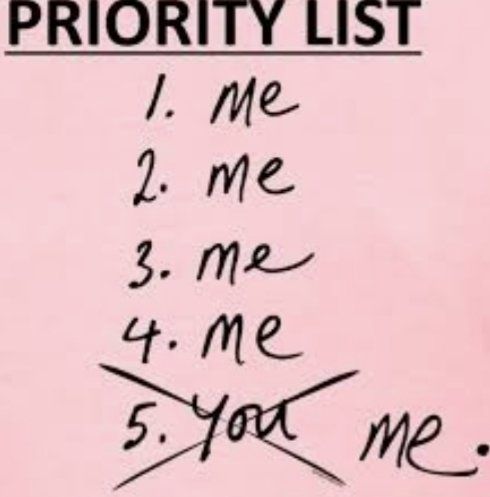Popularity vs. Integrity: Why Influence Doesn't Equate to Being Right
We live in a world where popularity often gets mistaken for righteousness. Just because someone is well-liked, charismatic, or influential doesn’t mean their actions are always correct—or that they’re exempt from accountability. The truth is, no one is perfect, not even the most adored among us. And as people who care, it’s our responsibility to hold those close to us accountable when they stray, even when it’s uncomfortable.
Popularity ≠ Perfection
Society has a way of elevating certain people—whether they’re celebrities, family members, or friends—to a pedestal where their flaws are sometimes overlooked. Truth is, most of these celebrities we LOVE so much… we have no idea how they are in their real day to day life. We just love their music, movies they play in and whatever personality they SHOW us. But popularity doesn’t erase harmful behavior. Having a large following, being body goals, or making funny posts doesn’t make someone immune to criticism or above reproach. In fact, the more influence a person has, the more damage they can do if left unchecked.
Accountability Is Love.
Real love isn’t blind loyalty; it’s wanting the best for someone, even when that means calling them out. If someone you care about is consistently hurting others, making reckless choices, or refusing to grow, silence isn’t caring—-it’s enabling. Holding them accountable is an act of love, not just for them but for everyone affected by their actions.
But here’s the hard part: not everyone will change. Some people will deflect, deny, or double down when confronted. And when that happens, you have to ask yourself: How much of their behavior am I willing to accept? Is being loyal more important than going against my peace, beliefs or morals?
Loving from Afar——
There comes a point when you have to prioritize your peace. If someone refuses to acknowledge their harmful patterns or make amends, distance isn’t just an option—it’s necessary. Loving someone from afar doesn’t mean you stop caring; it means you stop allowing their toxicity to disrupt your life.
You can wish them well without keeping them close. You can pray for their growth without subjecting yourself to their mess. Boundaries aren’t cruel—they’re self-preservation.
Popularity, charm, and status doesn’t make someone right. And loving someone doesn’t mean ignoring when they’re wrong. True love requires honesty, even when it’s hard. You don’t have to set yourself on fire to keep others warm. If something doesn’t sit right with you, it’s your right to remove yourself. Sometimes, the most powerful act of love is walking away and leaving them to figure it out.
Self...ish'









